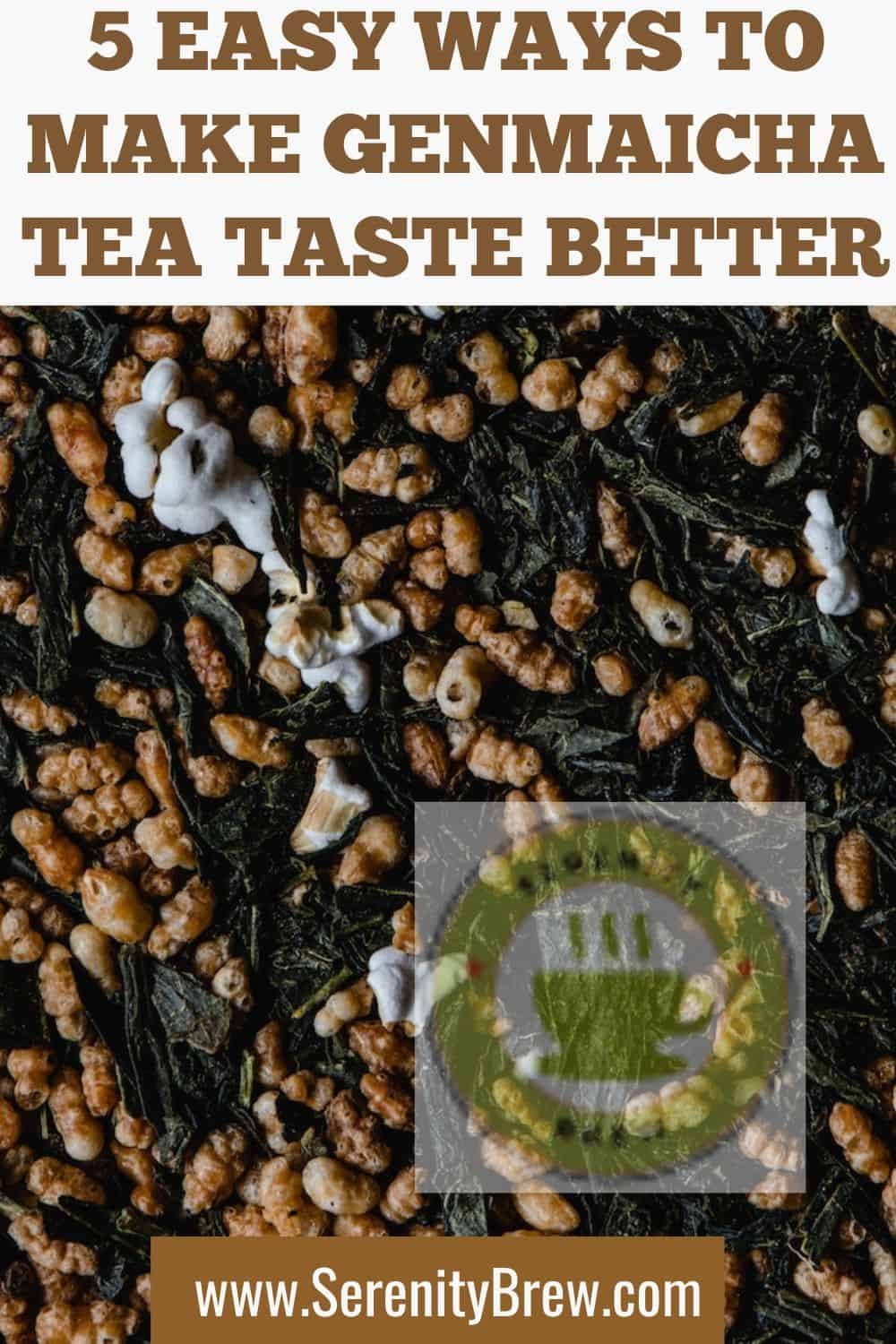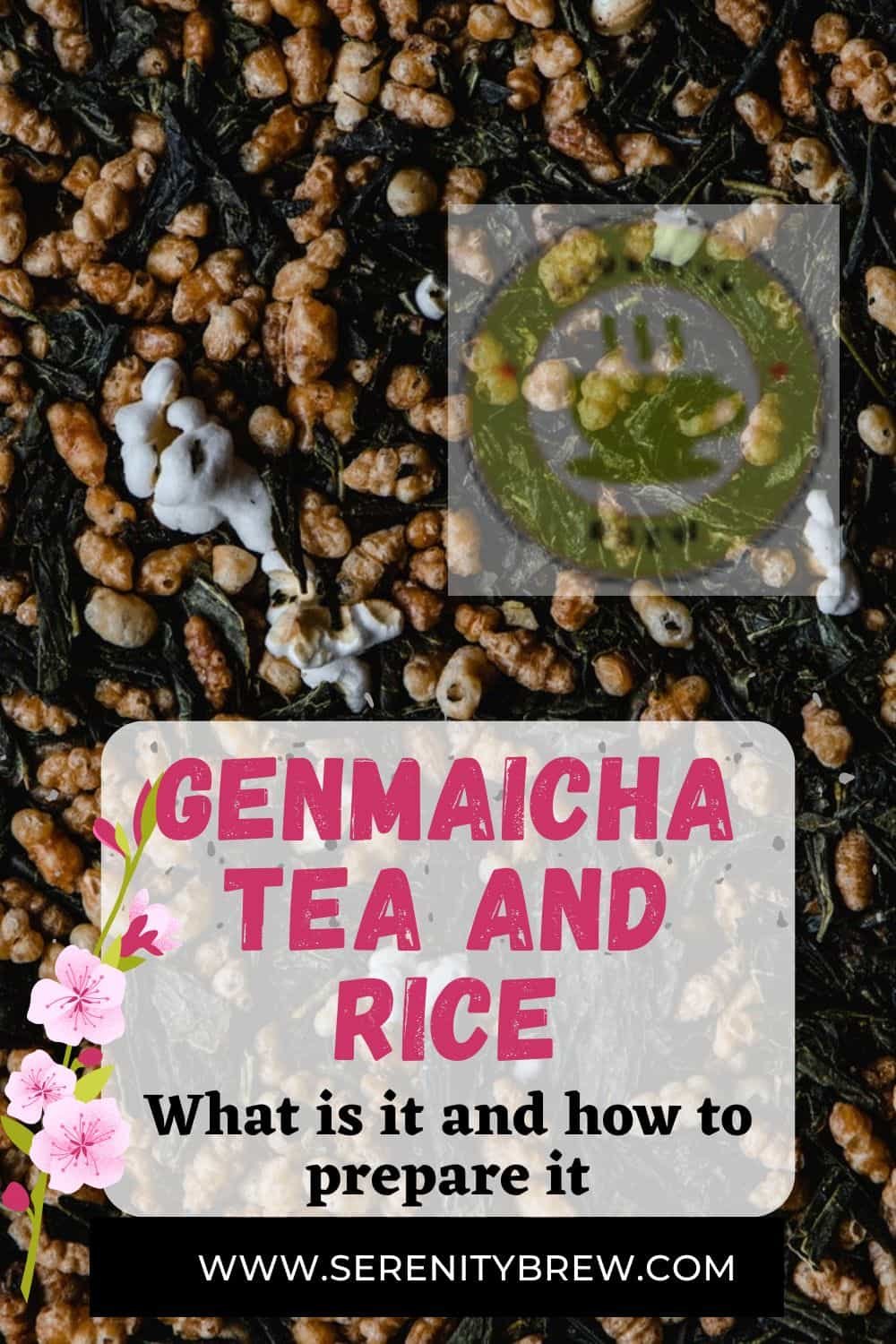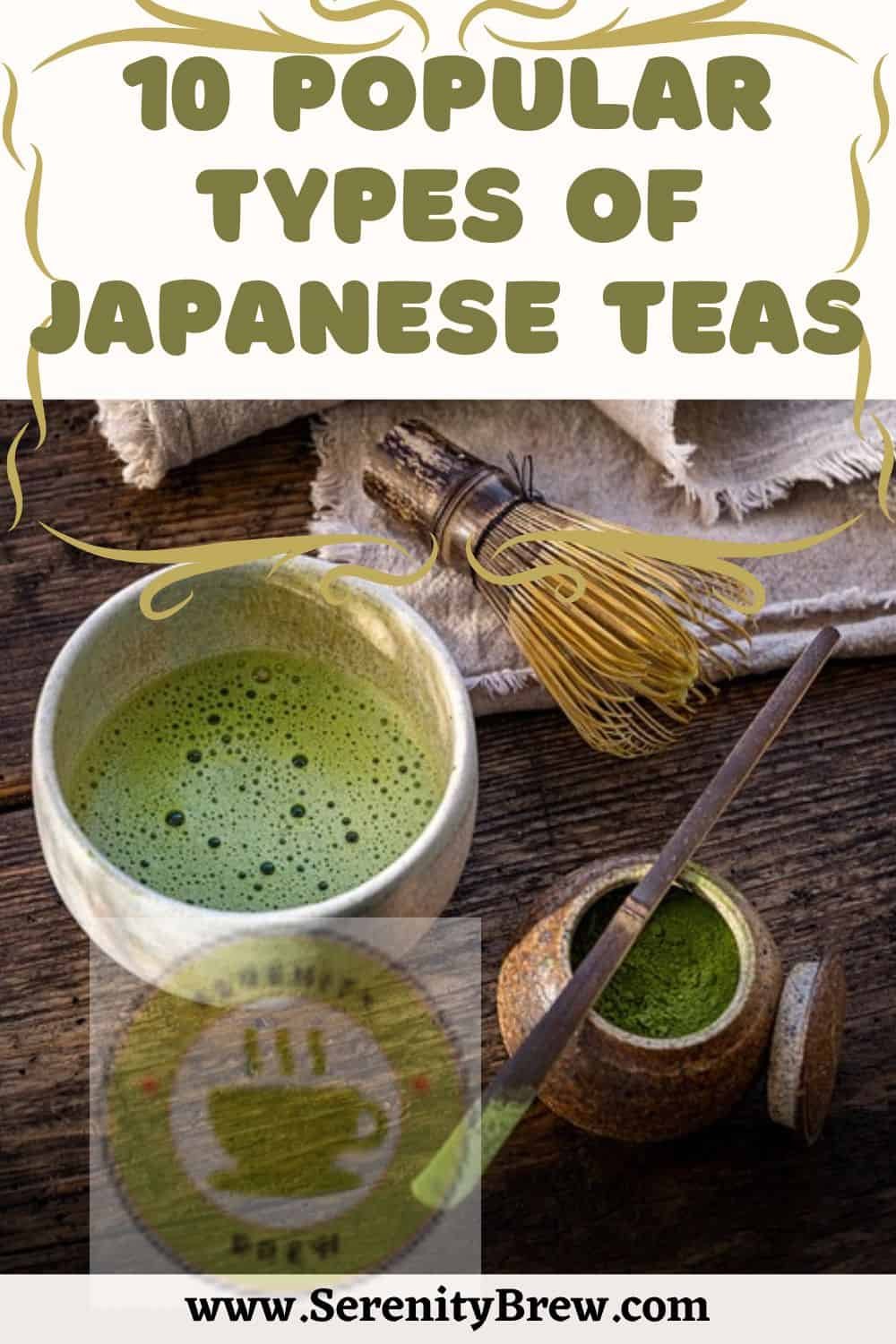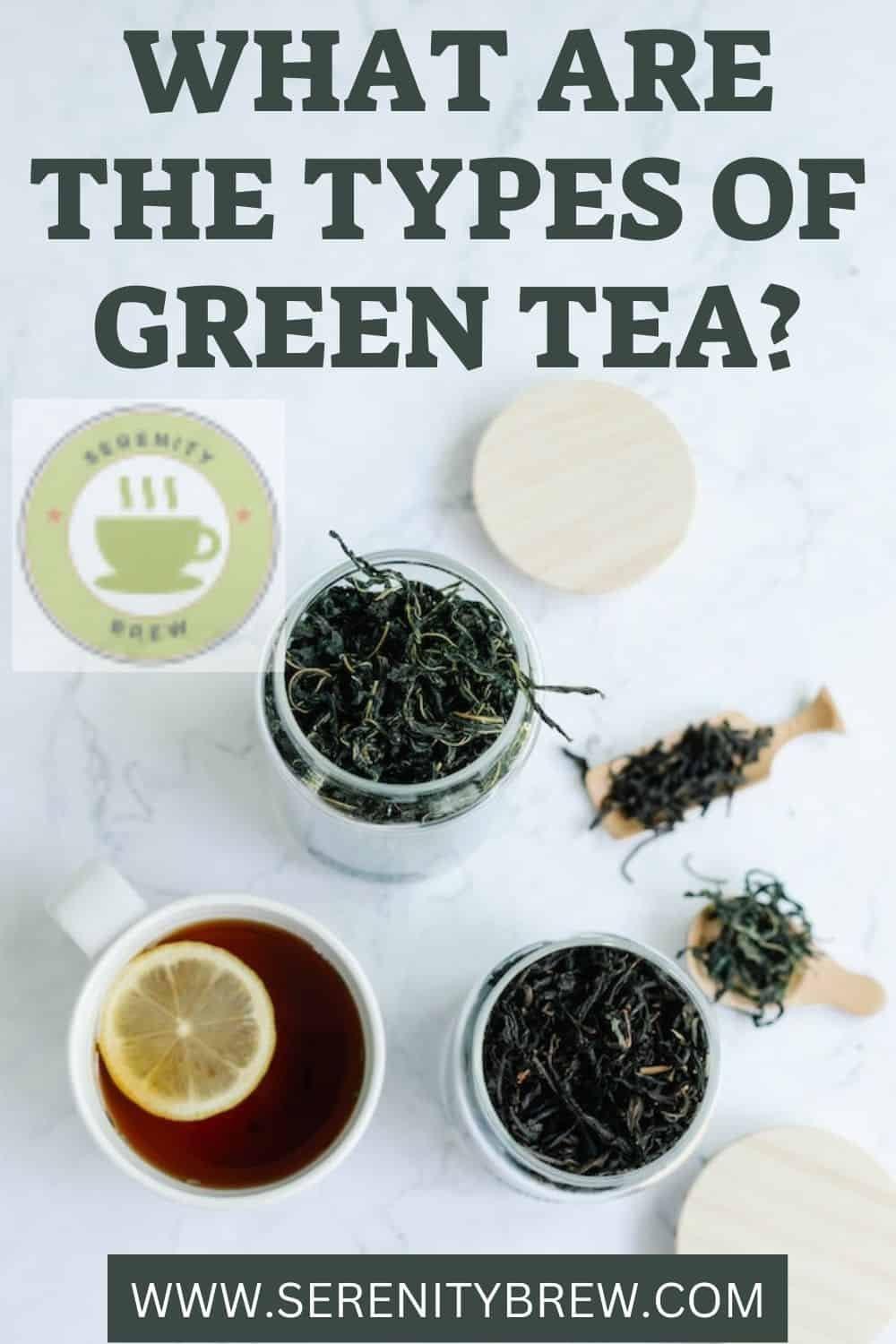Caffeine Content in Genmaicha
When it comes to caffeine content, genmaicha is relatively low in comparison to other caffeinated beverages. This unique blend of bancha green tea and roasted brown rice strikes a balance between the stimulating effects of caffeine and the soothing aroma of toasted rice.
For a regular 8 oz cup of genmaicha, you can expect to find around 20-30 milligrams of caffeine, depending on the specific brew and brand. This amount is significantly lower than what you’ll find in a cup of brewed coffee, which typically contains around 95 milligrams of caffeine. Genmaicha’s caffeine level puts it closer to other mild teas, such as hojicha or some oolong varieties.
In comparison to other types of tea, such as black tea or gyokuro, genmaicha is quite mild. Black tea generally contains between 40-70 milligrams of caffeine per 8 oz cup, while gyokuro, a high-quality shaded green tea, can contain up to 60 milligrams. Given these numbers, you can appreciate the gentleness of genmaicha in terms of caffeine.
While genmaicha may not be as robust as coffee or some teas in terms of caffeine, it offers other unique benefits. The nutty and sweet flavor of genmaicha can be a welcome change from the traditional green tea taste. Plus, by blending green tea with toasted rice, this type of tea provides a unique sensory experience that can be enjoyed throughout the day without causing an overwhelming caffeine buzz.
In conclusion, genmaicha has a modest caffeine content compared to other caffeinated beverages. This makes it an ideal choice for those who are looking for a mild, soothing brew while still enjoying the benefits and pleasurable aspects of tea drinking.
Factors That Affect Caffeine Content
When it comes to the caffeine content in genmaicha, a few factors come into play, which might determine the amount of caffeine you might consume.
Tea Leaf Quality: The quality of the green tea leaves used in genmaicha can affect the caffeine content. Higher-quality leaves may contain more caffeine, whereas lower-quality leaves may yield less caffeine in your cup.
Blend Proportions: Genmaicha tea is a blend of green tea leaves and toasted brown rice. The proportion between the two ingredients can influence the caffeine content. More green tea leaves in the mix will lead to a slightly higher caffeine content in your genmaicha tea, typically around 15-30 milligrams per cup.
Brewing Method: The way you brew your genmaicha, such as the water temperature, steeping time, and number of tea leaves used, can also impact the caffeine content. For instance, using more tea leaves, hotter water, or steeping for a longer time may increase the caffeine levels of your tea.
Servings: Another factor to consider is the size of your cup or serving. If you drink larger servings, you’ll naturally consume more caffeine compared to smaller servings.
By understanding these factors, you can better control the caffeine content in the genmaicha tea you drink. As a moderate caffeine option, genmaicha can be a great choice for those who want to limit their caffeine intake while still enjoying a delicious and unique beverage.
Compared to Other Teas
When it comes to caffeine content, genmaicha sits in a moderate range compared to other popular tea varieties. As a blend of Japanese green tea and roasted brown rice, the caffeine content of genmaicha is lower than that of traditional green tea but higher than some other types, like herbal teas.
For example, a typical cup of green tea contains roughly 20-45 mg of caffeine, whereas genmaicha usually has an estimated range of 10-20 mg of caffeine per cup. This is due to the fact that genmaicha is often made with Bancha, a lower-caffeine green tea. However, it’s important to note that specific caffeine levels can vary depending on the type of green tea used in the blend and how it’s prepared.
Compared to black tea, which can have up to 70 mg of caffeine per cup, genmaicha offers a more moderate option for those looking to reduce their caffeine intake. Herbal teas, on the other hand, usually do not contain any caffeine since they are made from plants like chamomile or peppermint.
To give you a clearer understanding, here’s a comparison of caffeine levels in popular tea varieties:
- Green tea: 20-45 mg
- Genmaicha: 10-20 mg
- Black tea: 40-70 mg
- Herbal tea: 0 mg
In conclusion, if you’re looking for a tea with a moderate amount of caffeine, genmaicha might be a suitable option. It offers unique flavor coming from the roasted brown rice, while still providing some of the benefits of green tea, such as antioxidants and polyphenols. However, if you’re trying to avoid caffeine altogether, it’s recommended to explore caffeine-free options such as herbal teas.
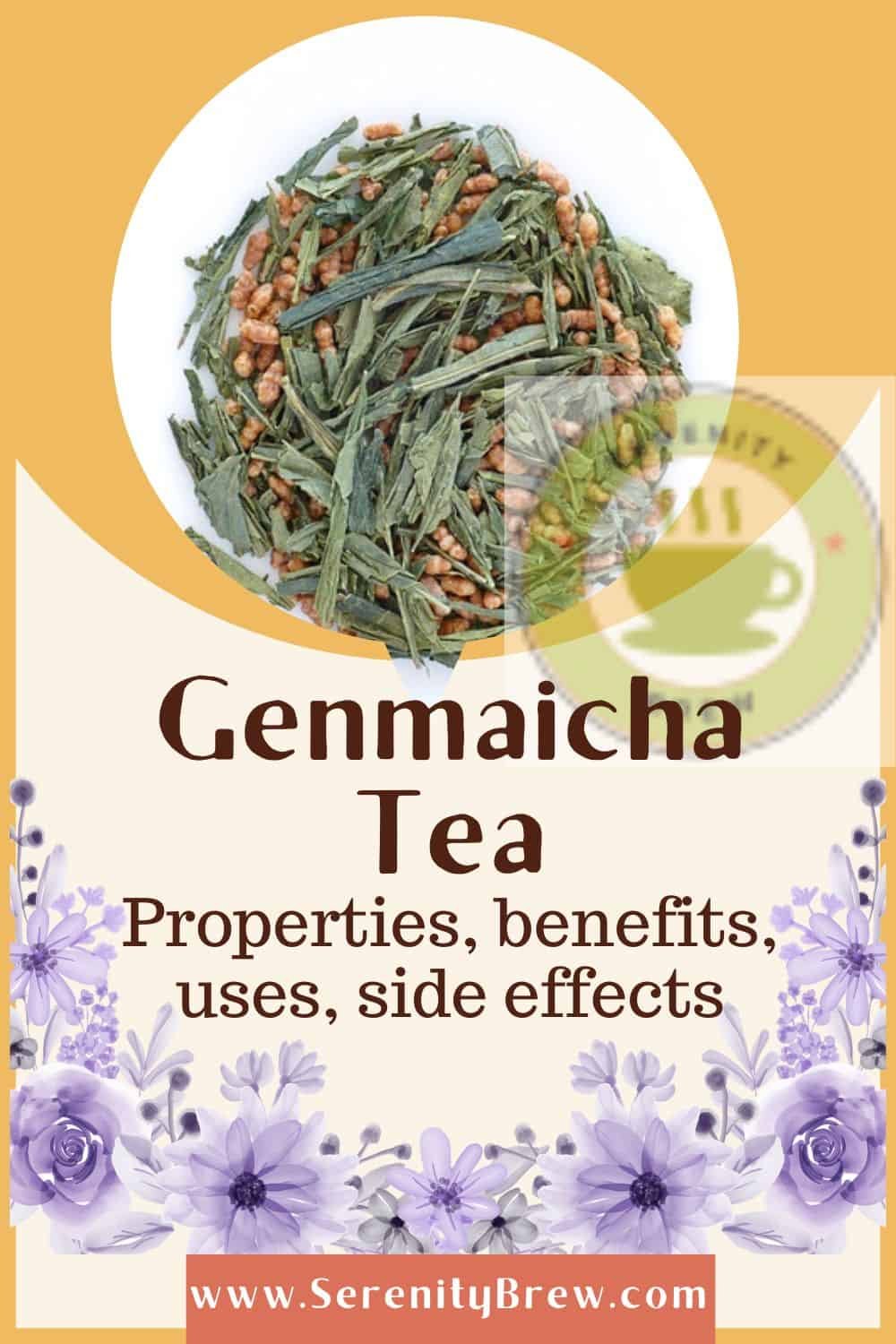 | 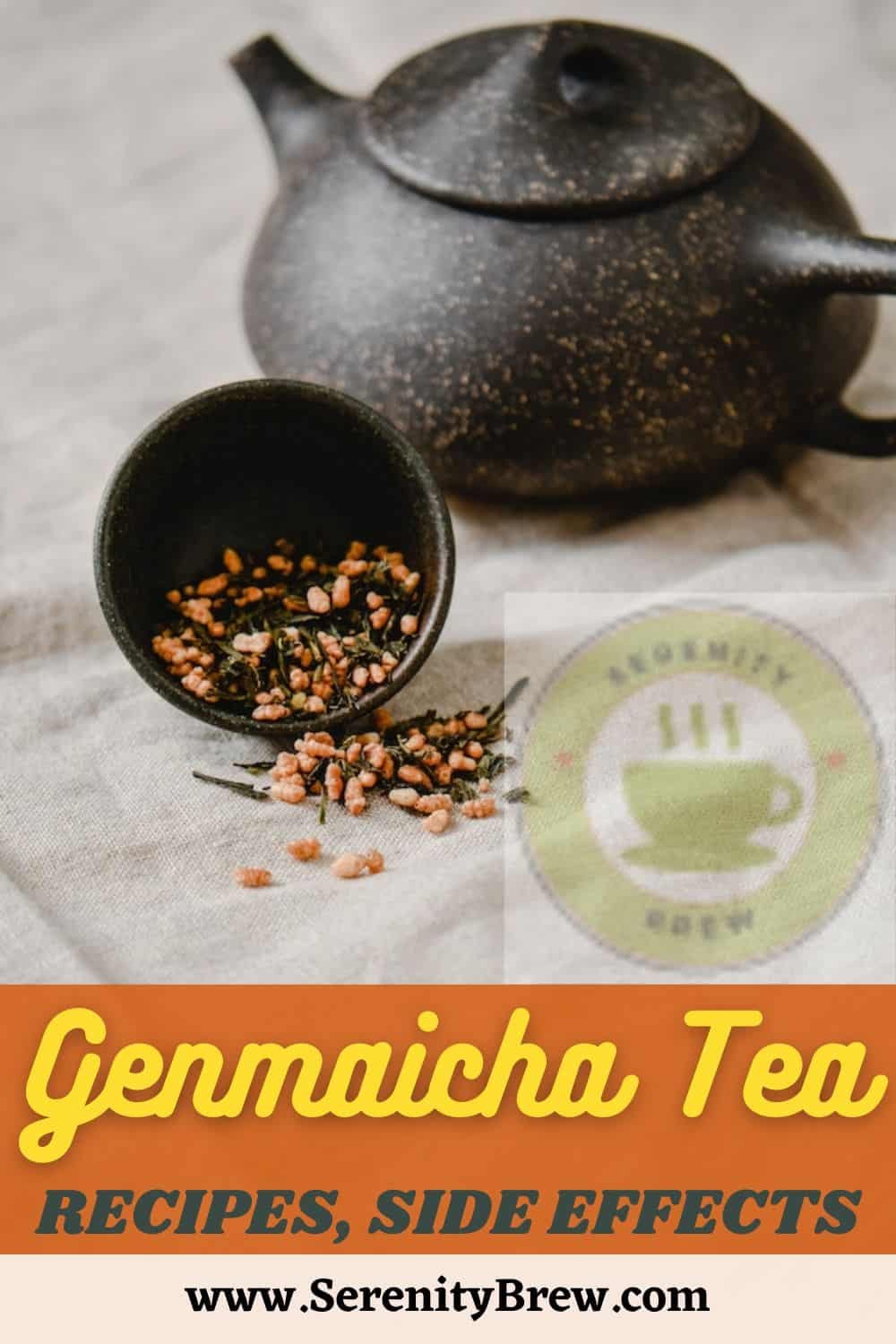 |
| Genmaicha Tea or Popcorn Tea: properties, benefits, uses, side effects | Genmaicha Tea: recipes, side effects |

